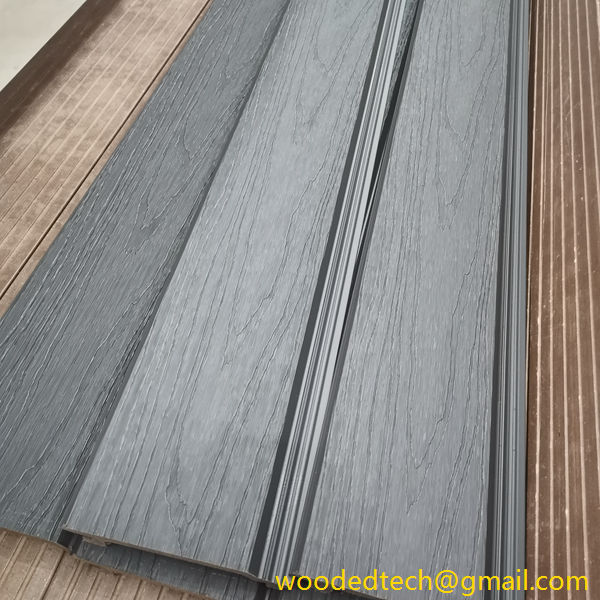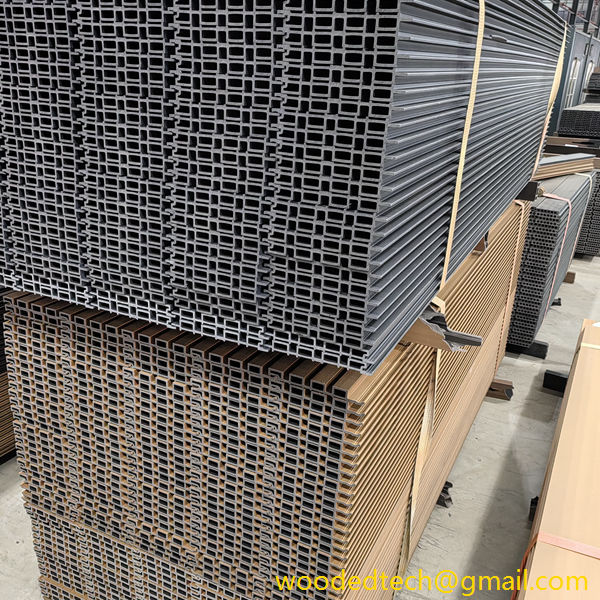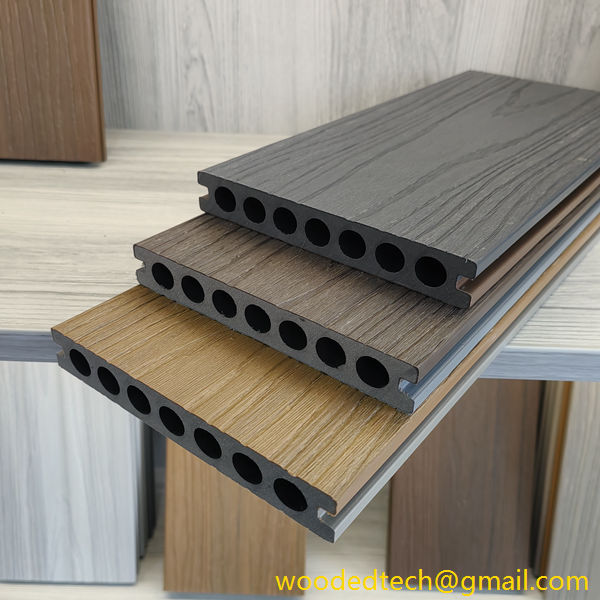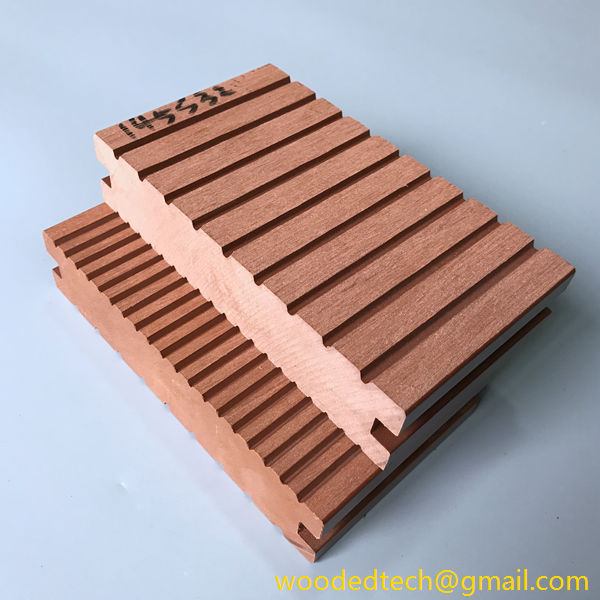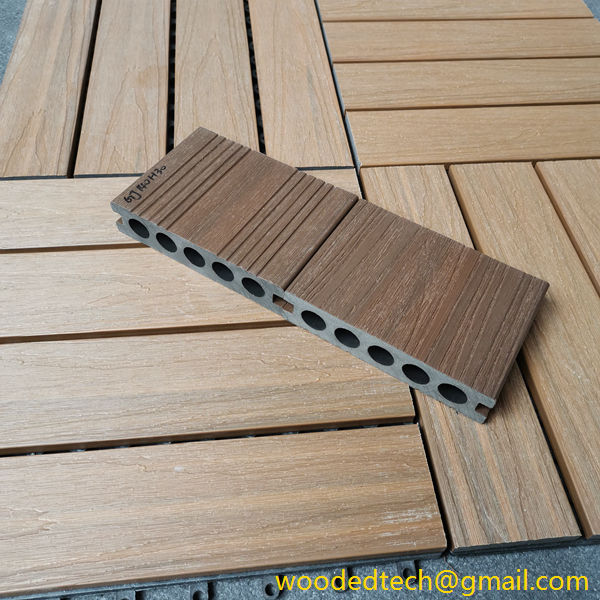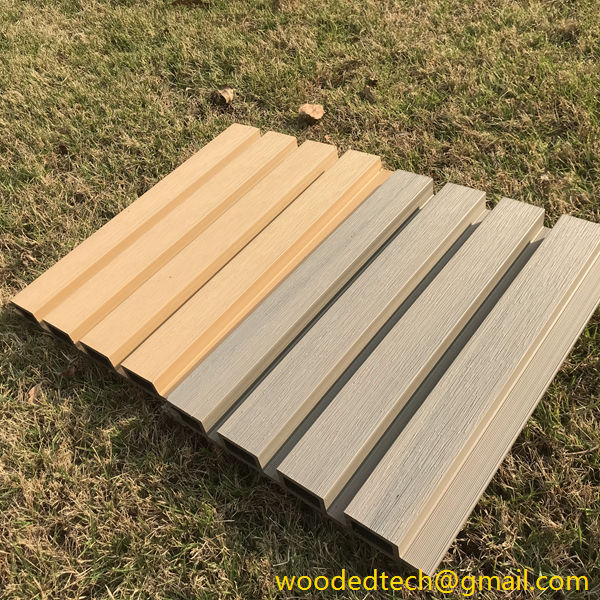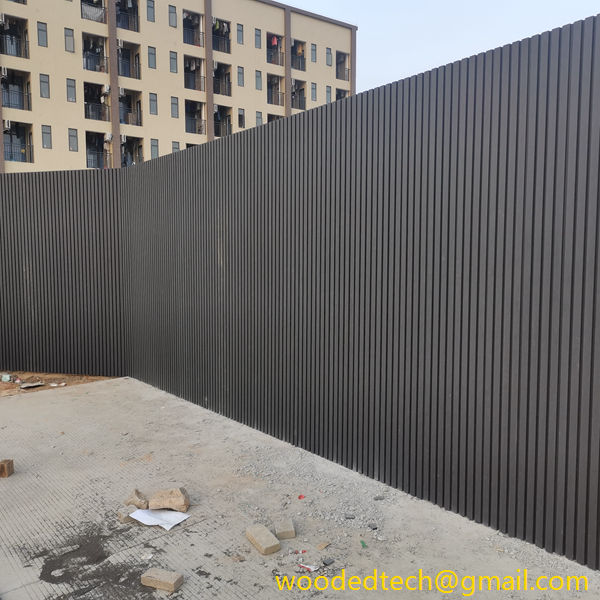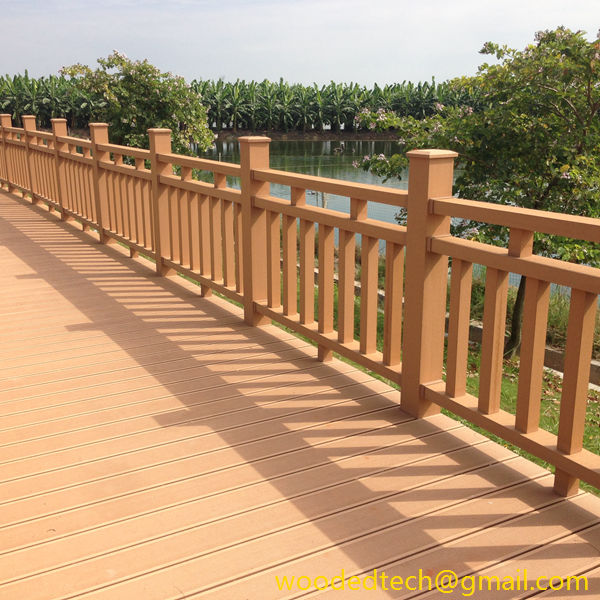Exterior WPC Wall Cladding: Durable Exterior WPC Wall Cladding for Lasting Protection
Exterior WPC Wall Cladding: Durable Exterior WPC Wall Cladding for Lasting Protection When it comes to enhancing the exterior of a building, one of the most vital elements to consider is wall cladding. This not only contributes to the aesthetic appeal but also provides essential protection against the elements. Among various materials available in the…
Exterior WPC Wall Cladding: Durable Exterior WPC Wall Cladding for Lasting Protection
When it comes to enhancing the exterior of a building, one of the most vital elements to consider is wall cladding. This not only contributes to the aesthetic appeal but also provides essential protection against the elements. Among various materials available in the market, Wood Plastic Composite (WPC) wall cladding has emerged as a popular choice for both residential and commercial properties. WPC combines the natural beauty of wood with the durability of plastics, resulting in an exterior cladding solution that is both functional and visually appealing.
The primary advantage of WPC wall cladding is its durability. Unlike traditional wood, which is susceptible to rot, warping, and insect damage, WPC is engineered to withstand harsh weather conditions. This means that buildings clad in WPC can resist the effects of moisture, UV rays, and temperature fluctuations, ensuring that they maintain their integrity and appearance over time. This durability translates to lower maintenance costs, as the need for frequent repairs or replacements is significantly reduced.
Moreover, WPC wall cladding is designed to be easy to install. Many products come with interlocking systems that allow for quicker and more efficient installation compared to traditional wood or other materials. This not only saves time during construction but also reduces labor costs. Homeowners and builders alike appreciate the convenience of a product that can be installed with minimal hassle, allowing for faster project completion.
In addition to its practical benefits, WPC wall cladding offers a wide variety of aesthetic options. Available in numerous colors, textures, and finishes, this material can be tailored to complement any architectural style. Whether you prefer a rustic look that mimics natural wood grains or a sleek, modern finish, WPC can be customized to meet your vision. This versatility makes it an attractive option for a diverse range of projects, from contemporary homes to traditional buildings.
Sustainability is another key factor driving the popularity of WPC wall cladding. As environmental concerns grow, many consumers are seeking materials that are eco-friendly. WPC is made from recycled wood fibers and plastic, reducing the demand for virgin materials and minimizing waste. Additionally, the production process of WPC typically has a lower environmental impact compared to traditional wood harvesting. By choosing WPC wall cladding, homeowners and builders can contribute to a more sustainable future while enjoying the many benefits this material has to offer.
WPC wall cladding is also resistant to fading and discoloration. Unlike wood, which can lose its color and luster when exposed to sunlight, WPC maintains its appearance for an extended period. This means that buildings clad in WPC will not require regular staining or painting to keep them looking fresh and vibrant. The reduced need for upkeep not only saves money but also adds to the overall convenience of using this material.
Another advantage of WPC wall cladding is its ability to provide excellent insulation. The composite materials used in WPC can help regulate temperature, keeping homes cooler in the summer and warmer in the winter. This energy efficiency can result in lower heating and cooling costs, making WPC an attractive option for energy-conscious homeowners. Moreover, the insulation properties of WPC contribute to a more comfortable living environment, reducing drafts and outside noise.
When it comes to safety, WPC wall cladding is often treated to be fire-resistant, providing an added layer of protection for buildings. This is particularly crucial in areas prone to wildfires or other fire hazards. The fire-resistant properties of WPC give peace of mind to homeowners, knowing that their exterior cladding will not contribute to the spread of flames in the event of a fire.
In terms of maintenance, WPC wall cladding is incredibly user-friendly. Unlike traditional wood, which may require regular sealing or treatment, WPC can typically be cleaned with just soap and water. This low-maintenance requirement is especially appealing to busy homeowners who want the beauty of wood without the extensive upkeep.
Finally, it is essential to consider the long-term benefits of investing in WPC wall cladding. While the initial cost may be comparable to or slightly higher than traditional wood, the longevity and durability of WPC often result in lower overall costs over time. With reduced maintenance, fewer repairs, and a longer lifespan, WPC wall cladding proves to be a wise investment for property owners.
In conclusion, exterior WPC wall cladding offers a multitude of benefits that make it an ideal choice for anyone looking to enhance the protection and aesthetic appeal of their building. Its durability, ease of installation, variety of styles, sustainability, and low maintenance requirements highlight its superiority over traditional cladding materials. As more homeowners and builders become aware of these advantages, it is likely that the popularity of WPC wall cladding will continue to rise. Embracing this innovative material can lead to lasting protection for your property while ensuring that it remains beautiful and environmentally friendly for years to come.

